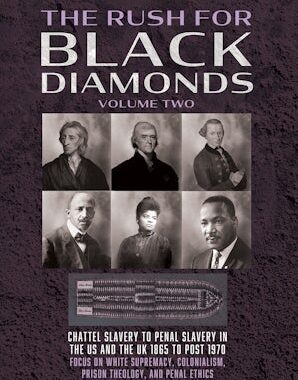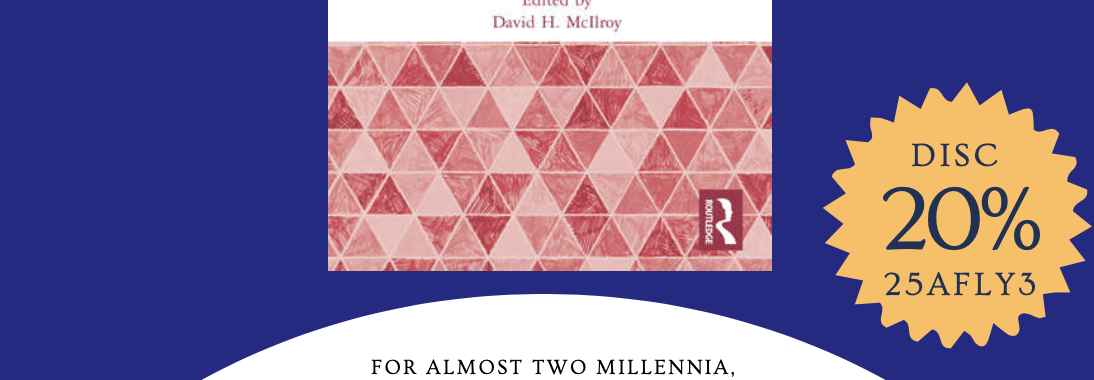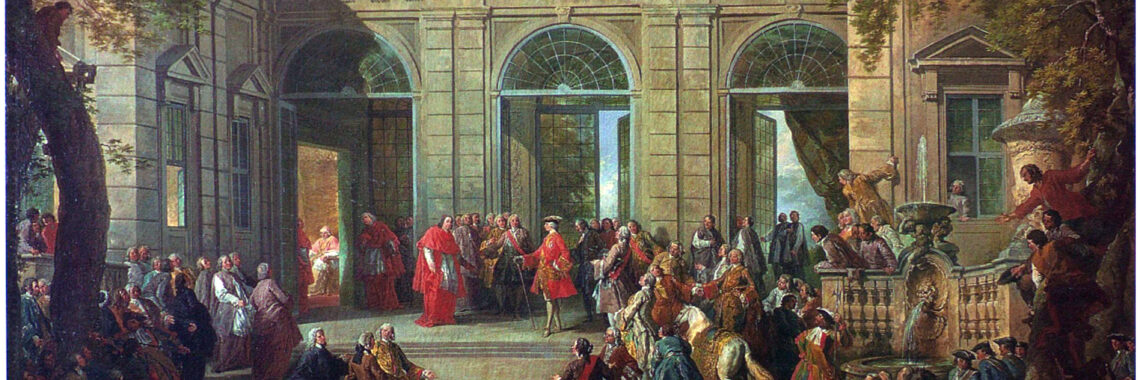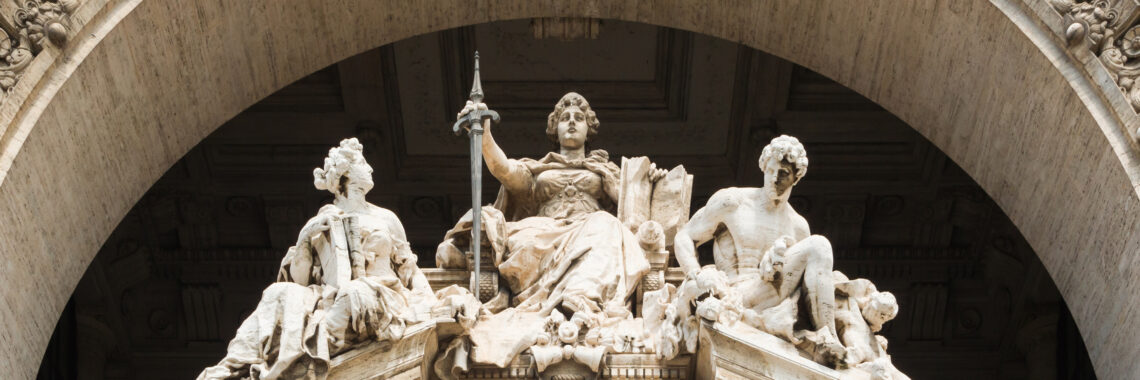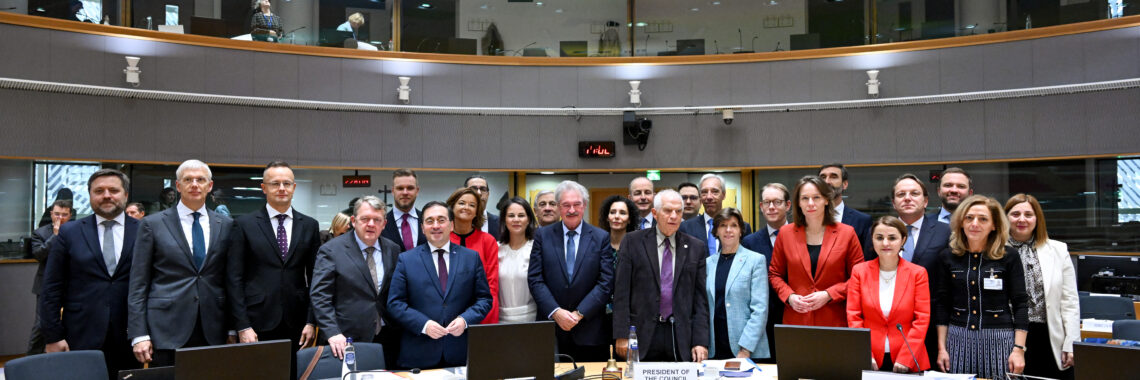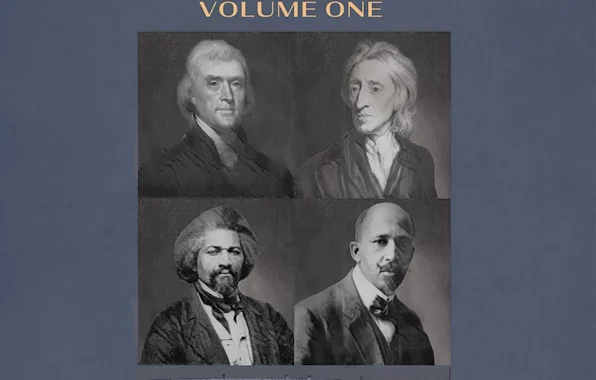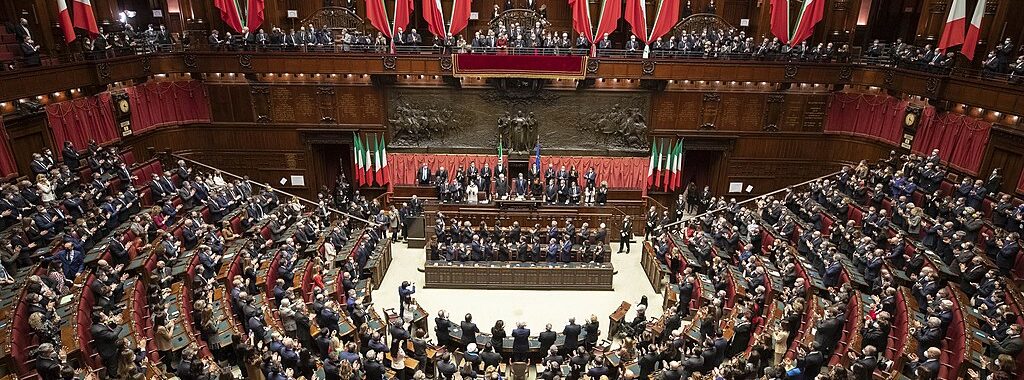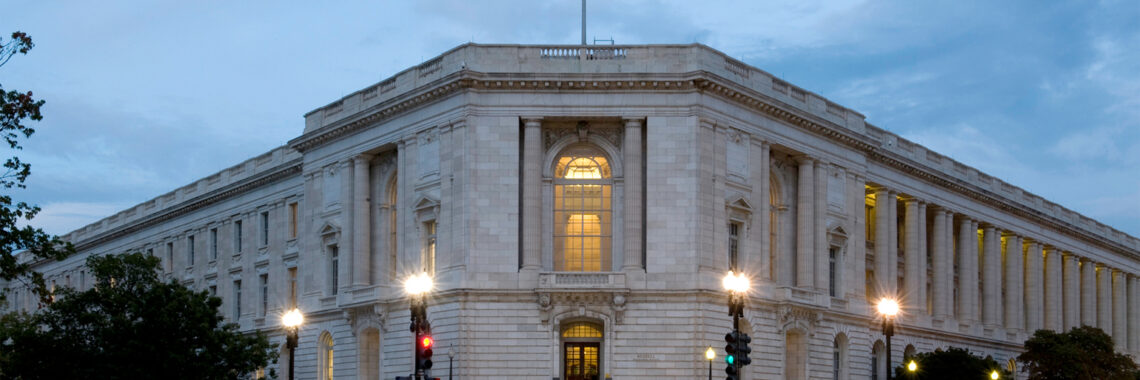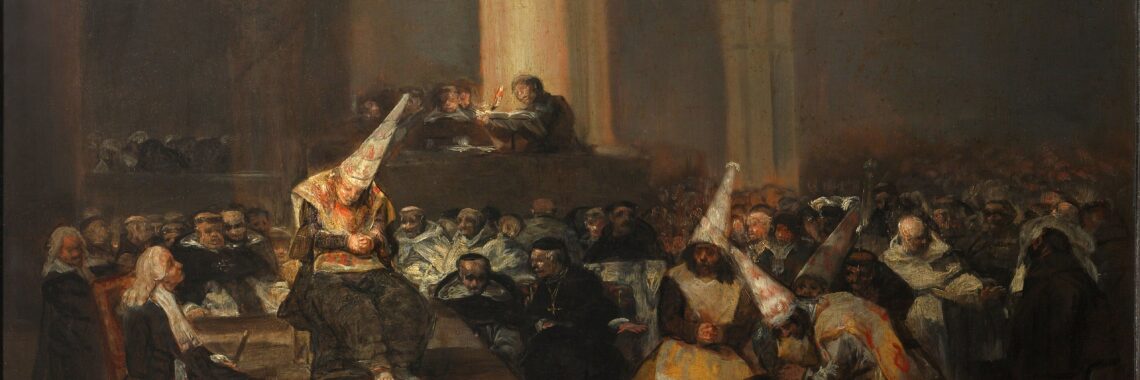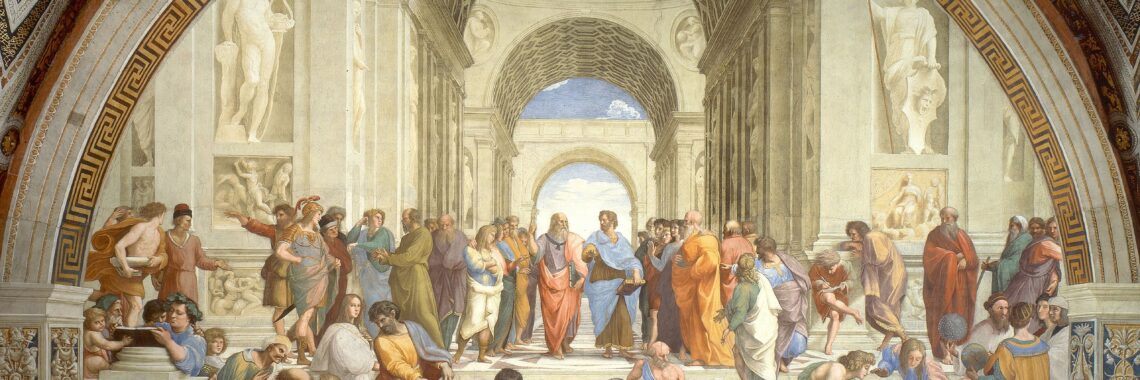Reformist Prison Theology: God The Slave, God The Prisoner by George Walters-Sleyon
Reformist Prison Theology: God The Slave, God The Prisoner George Walters-Sleyon This essay is an adapted excerpt from the twelve chapter of George Walters-Sleyon’s book,The Rush for Black Diamonds, Volume Two: Chattel Slavery to Penal Slavery in the US and the UK, 1865 to Post-1970 Realities (Cascade Books, 2025). You can view an excerpt from Volume…


